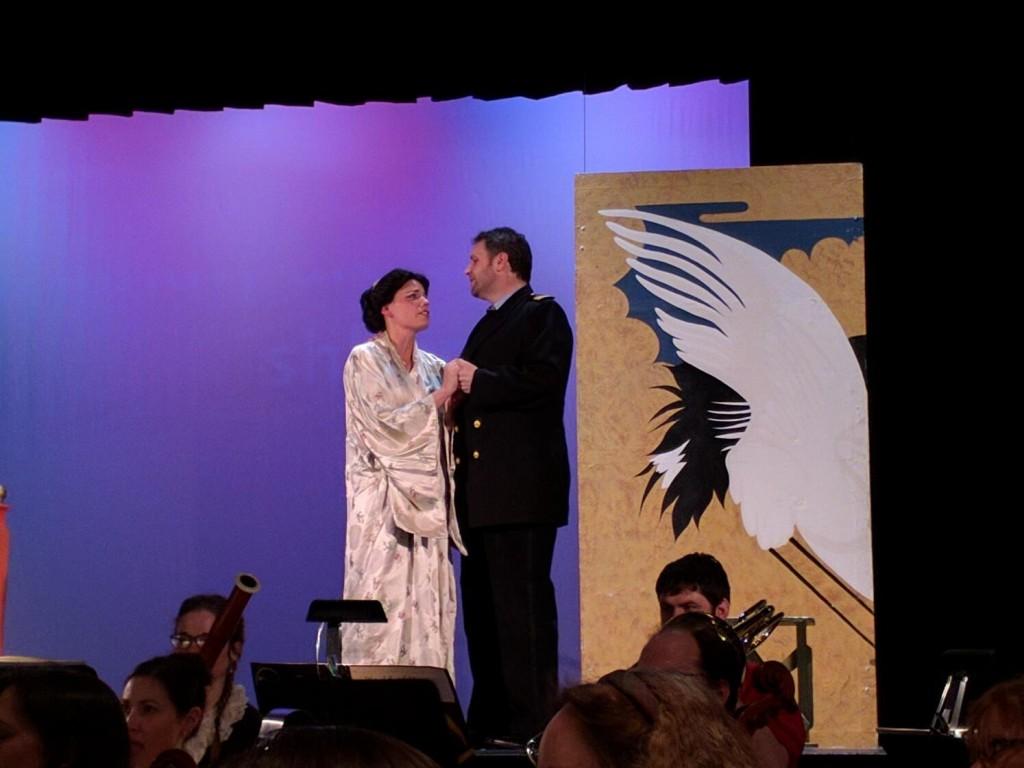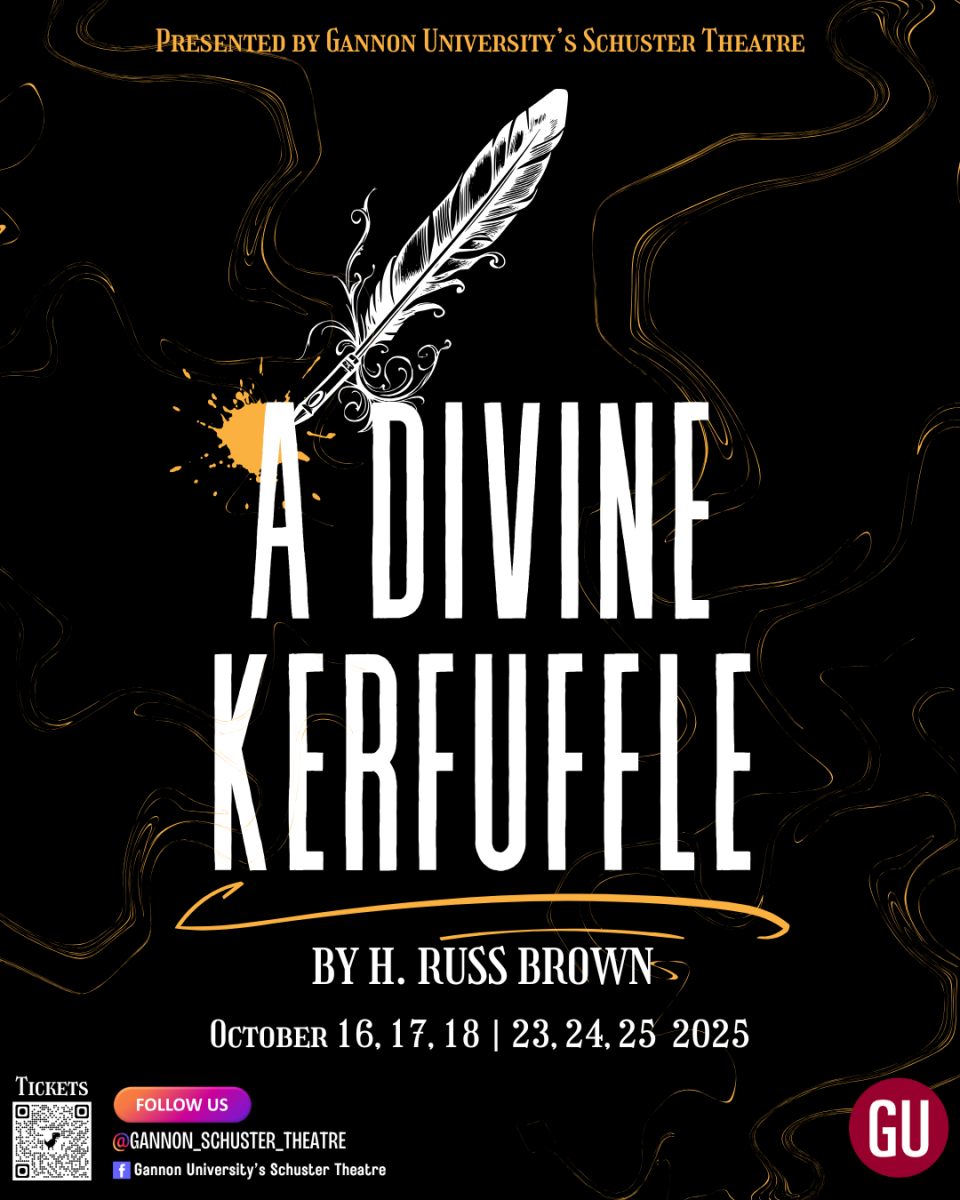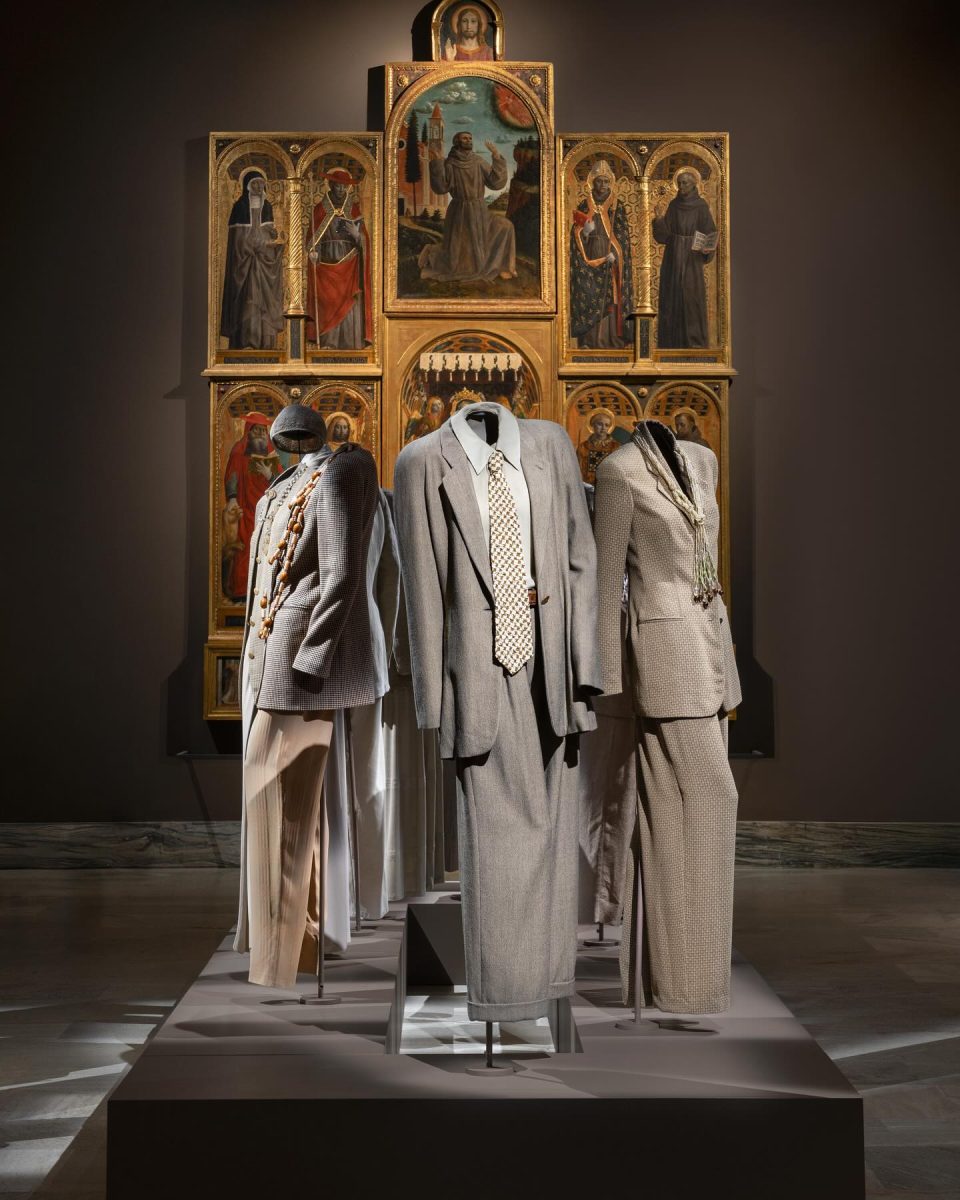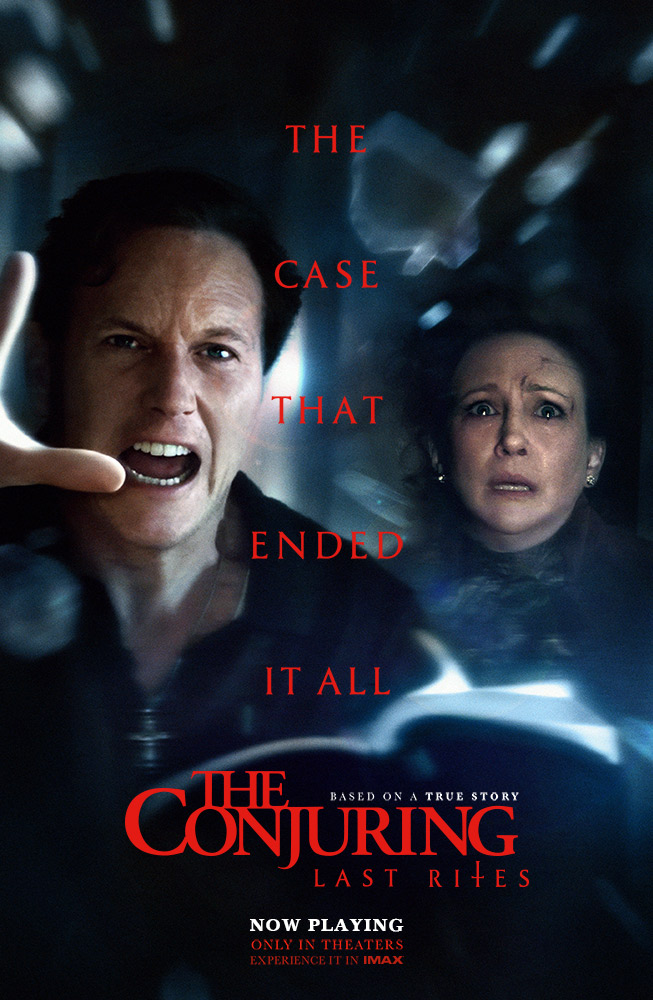On Saturday I had the opportunity to watch the Erie Chamber Orchestra’s adaptation of famous opera, “Madama Butterfly,” written by Giacomo Puccini, stage directed by Stephanie Havey and conducted by Matthew Kraemer.
The opera contained powerful messages that ironically pertained to International Women’s Day, which occurred on March 8.
Interestingly, Puccini’s work was a complete failure during its premiere performance in 1904, but grew to be one of his most well-known and appreciated works.
The score for the musical accompaniment was one of the most original of its time due to its use of harmonic suspensions and unresolved discords.
Additionally, he used a mix of Japanese songs and American melodies to add to the plot of the story.
The plot of the opera brings up the interesting history of geishas, women who have been sold during infancy to handlers who will train them to be ideal wives and eventually sell them to the highest paying man.
In Act I, Lieutenant Pinkerton of the United States Navy is inspecting a home in Nagasaki where he is introduced to a geisha named Madama Butterfly.
Pinkerton decides to make Madama Butterfly his wife, but the audience recognizes he has ulterior motives when he whispers to his cohort the wedding is simply a farce.
Eventually, Madama Butterfly becomes pregnant with Pinkerton’s son, but learns of this only after he has left to return his ship to the United States.
Pinkerton has promised to send Madama Butterfly rent money, mosquito nets and locks for her doors.
Months later, one of Pinkerton’s comrades delivers a letter to Madama Butterfly saying Pinkerton may not return, but after learning about the child, he tries to convince Pinkerton to come back to Japan at least temporarily.
Pinkerton eventually does return to see Madama Butterfly, but brings his American wife with him.
To make matters worse, Pinkerton asks that Madama Butterfly give up her son to himself and his American wife so they can raise him in the United States.
The event is so devastating to Madama Butterfly that she eventually commits suicide.
The story is a tragic reminder of struggles women had to deal with throughout history.
Although we have come a long way since the days of geishas, we must remember that worldwide we still have a far way to go before women are seen as equals to their fellow man.
I commend the Erie Chamber Orchestra for its beautiful adaptation of “Madama Butterfly” and its expression of these important themes.
The next Erie Chamber Orchestra performance is “ECO on Display” and will be performed at 7:30 p.m. on April 23.
Debuting on this concert is an award-winning Erie composer, and ECO violinist, Christina Dolanc.
KATE ROBB
[email protected]








